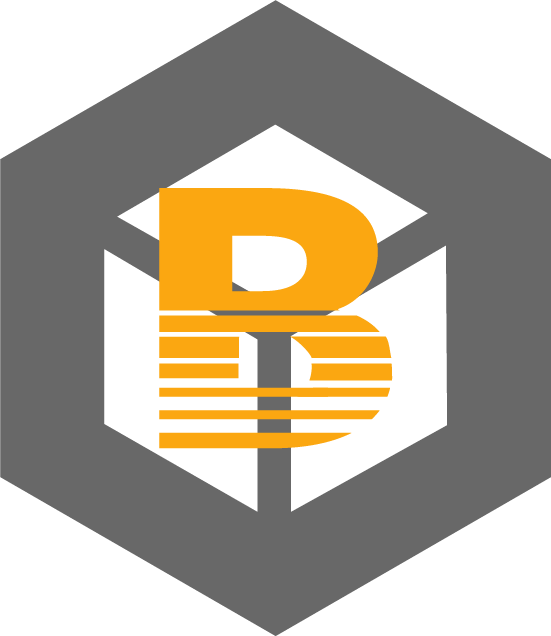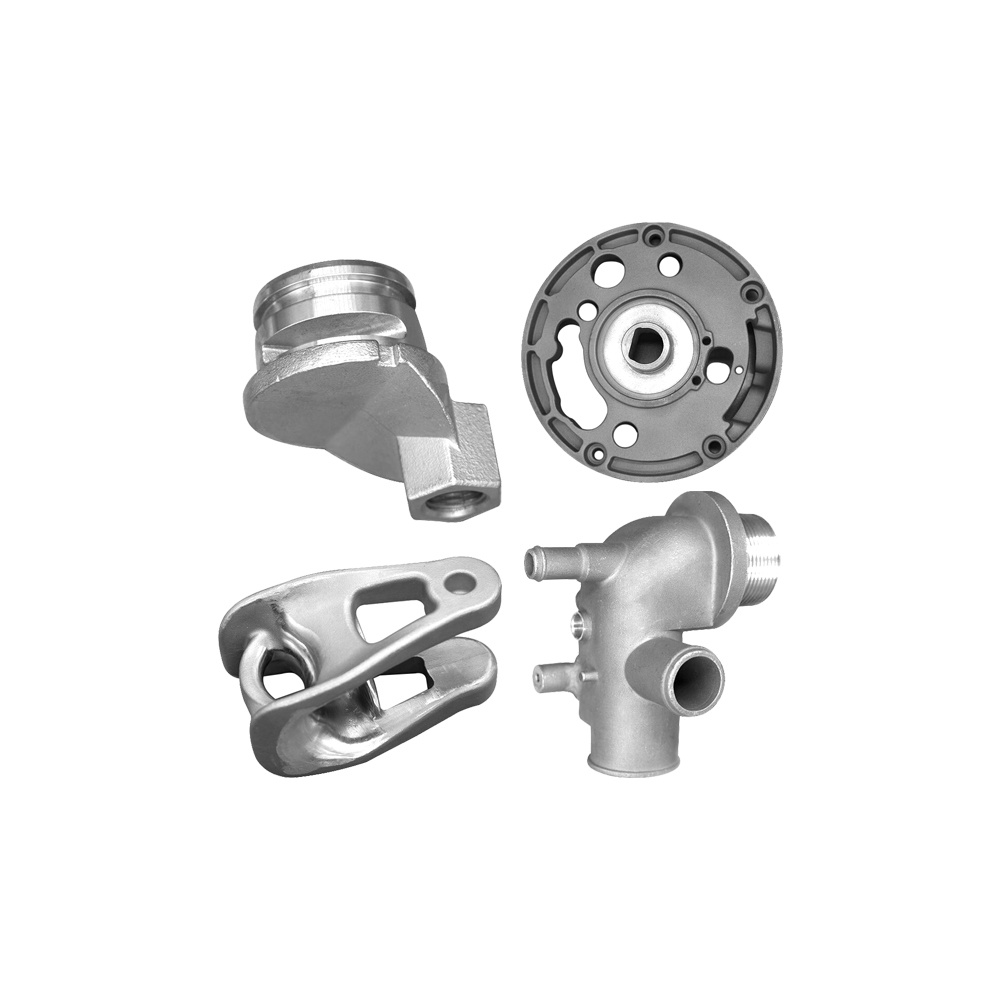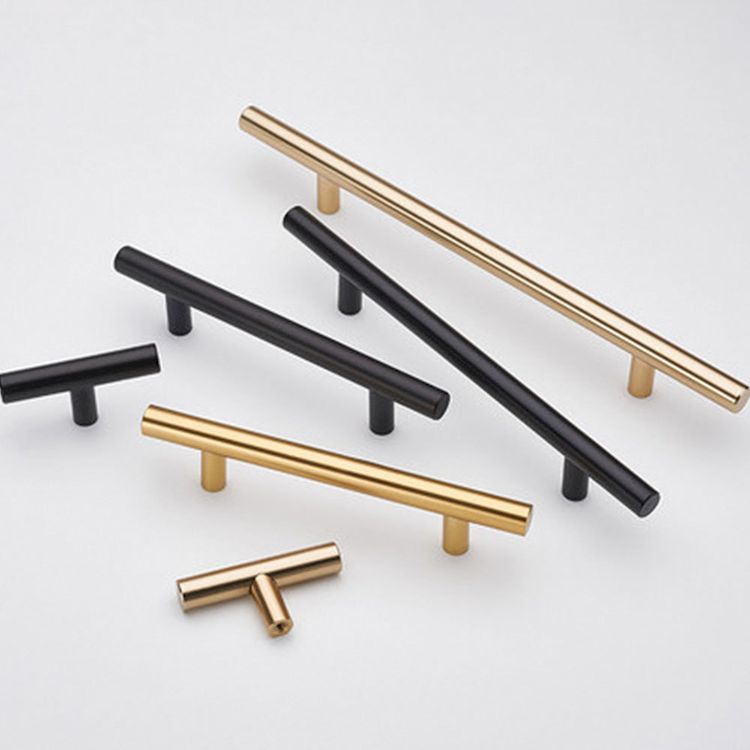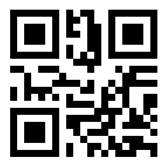 Esperanto
Esperanto
 Shqiptare
Shqiptare
 Euskara
Euskara
 Zulu
Zulu
 Latinus
Latinus
 Cymraeg
Cymraeg
 தமிழ்
தமிழ்
 Slovak
Slovak
 Slovak
Slovak
 Afrikaans
Afrikaans
Understanding Dental Instruments: Essential Tools for Modern Dentistry
Release time:
2025-08-27
Source:
There are several categories of dental instruments, each tailored to specific tasks within the dental environment. Basic instrument sets typically include examination tools such as mirrors, explorers, and probes. These instruments are essential for diagnosing and evaluating oral health. The dental mirror allows practitioners to view areas of the mouth that are difficult to see, while explorers aid in detecting cavities and other abnormalities.
In addition to examination tools, dental instruments also encompass handpieces and rotary instruments used for procedures such as tooth preparation and restorative work. High-speed handpieces are commonly used for cutting and shaping teeth, while low-speed handpieces provide precision for polishing and finishing. The choice of instrument depends on the specific procedure and the desired outcome.
Another vital category of dental instruments includes surgical tools. These instruments are used in more invasive procedures and include scalpels, forceps, and tissue retractors. Surgical instruments are designed with precision to ensure minimal trauma to surrounding tissues, paving the way for successful surgeries and patient recovery. The use of sterile techniques and proper instrument handling is critical in maintaining patient safety and preventing infections.
Furthermore, dental instruments are not limited to those used in the clinic. Dental laboratories utilize various tools for creating prosthetics, crowns, and bridges. Instruments such as articulators, models, and dental lathes play a significant role in the fabrication of these devices, ensuring they fit accurately and function effectively in the patient’s mouth.
Maintaining dental instruments is crucial for their longevity and effectiveness. Regular cleaning, proper sterilization, and routine inspections are necessary to ensure that tools remain in optimal condition. This not only enhances the quality of care provided but also boosts the overall efficiency of dental practices.
In summary, dental instruments are essential tools that facilitate a wide array of procedures in modern dentistry. By understanding the types and functions of these instruments, dental professionals can ensure they are equipped to deliver high-quality care to their patients. Continuous education regarding the advancements in dental instruments will further enhance the effectiveness and safety of dental treatments, ultimately improving patient outcomes.
Dental Instruments
Related News
2025-12-14 12:00
Understanding CNC Turning and Milling Parts: A Comprehensive Guide for Precision Manufacturing
CNC (Computer Numerical Control) turning and milling are essential processes in the realm of precision manufacturing. These techniques are widely employed in the machining industry for producing intricate components that meet strict tolerances and specifications. Understanding the fundamentals of CNC turning and milling parts can enhance your knowledge of how these processes contribute to quality
2025-12-09 12:10
A Comprehensive Guide to Household Appliances Maintenance: Keep Your Home Running Smoothly
A Comprehensive Guide to Household Appliances Maintenance Household appliances are the backbone of modern living, providing convenience and efficiency in our daily routines. However, just like any other mechanical devices, they require regular maintenance to function optimally. In this guide, we will explore various household appliances, their maintenance needs, and practical tips to extend their
Let’s Talk
We can help you figure out your needs.




